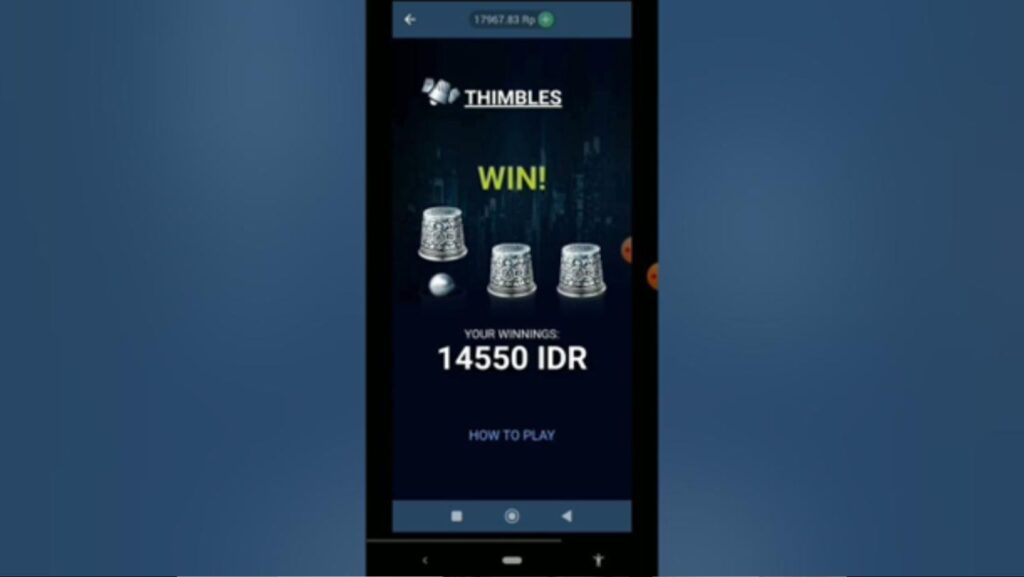Gaming is huge right now; it’s making more money than movies and music put together. There are opportunities everywhere, from mobile games to VR, but everyone’s fighting for the same players.
Starting a gaming business is exciting but can also be tricky. You need creativity, smart planning, and solid execution to stand out. Whether you’re a developer with a killer idea, want to build a gaming platform, or just see the business potential in games, here are some key tips to get you started on the right foot.
1. Define Your Niche Early
One of the first steps is to figure out exactly what part of gaming you want to tackle. The industry has layers: developers, publishers, streamers, tournament organizers, marketplaces, and tons more. You need to pick your spot early on.
Maybe you’re making casual mobile games, building tools for other developers, or starting an indie publishing label. Whatever it is, nail down your niche. It shapes everything: your brand, budget, team, and timeline. Plus, when you specialize, you can do things the big companies can’t easily copy.
2. Understand Your Audience
Great games are built for players, not just around flashy tech. Before jumping into development or hiring a team, take the time to really understand who you’re making the game for. What do they enjoy, what annoys them in other games, and what keeps them coming back? The clearer your picture of your audience, the better your design, pricing, and marketing decisions will be.
Not every player is chasing the same kind of thrill; some are deep into story-driven RPGs, while others gravitate toward quick, high-reward formats like crypto casino games. Platforms like the leading ranked MetaMask casinos appeal to these players by offering thousands of games, near-instant crypto payouts, and player-friendly perks like welcome bonuses and cashback. Even if you’re not in that niche, studying why those platforms succeed can offer insights into player psychology, engagement loops, and monetization strategies.
Use surveys, social media polls, and industry research to build a player profile. The more specific your understanding, the more you can tailor gameplay, pricing models, and marketing efforts. Don’t fall into the trap of trying to appeal to “everyone.” The most successful gaming brands speak directly to a defined group.
To help guide your audience research, consider focusing on:
- Age group and gaming platform (e.g. mobile, console, or PC)
- Favorite game genres and play styles
- Spending habits and in-game purchase preferences
- Pain points with similar games or services
- Online communities they participate in (forums, Discord, Twitch, etc.)
3. Start Small, Scale Smart
It’s tempting to dream big from day one, especially in an industry known for billion-dollar hits. But starting small gives you the flexibility to test ideas, refine your model, and learn without burning through your entire budget.
Develop a minimum viable product (MVP) or focus on a single strong feature if you’re building a tool or platform. For indie studios, releasing a short demo or early-access version can generate feedback and build community before launch. Controlled growth reduces risk and helps you scale sustainably.
Here are a few practical ways to apply this approach:
- Prioritize one core mechanic or feature to polish before expanding the scope
- Test with a small user group to gather early feedback and identify potential issues
- Use soft launches or beta testing to fine-tune performance and user experience
- Track metrics like retention, engagement, and user sentiment before investing in full-scale development
- Iterate based on real-world data, not assumptions or internal opinions
4. Build the Right Team
You can’t build a game alone, no matter how brilliant your idea is. Find people who fill in your gaps, maybe a developer who can code your vision, someone who gets players and can build community, or a lawyer who knows gaming law.
Look for teammates who actually love games, not just people with the right skills on paper. When someone is genuinely passionate about gaming, they make better decisions and solve problems more creatively. In an industry that moves this fast, that passion makes all the difference.

5. Invest in Marketing Early
Too many game startups treat marketing as an afterthought. The truth is, it’s never too early to start building awareness. Even if your game is still in early development, create a landing page, post concept art, and share dev updates on platforms like Reddit, X (formerly Twitter), or TikTok.
Engage with streamers or gaming bloggers in your niche, attend indie expos, and consider running a small paid ad campaign before launch. Marketing isn’t about hype, it’s about creating familiarity and giving people a reason to care before they even play.
To kickstart your visibility from the outset, try:
- Building a simple website or landing page to collect emails and share progress
- Posting regular behind-the-scenes content to generate early interest and feedback
- Connecting with content creators who align with your genre or audience
- Joining game development communities to network and cross-promote
- Using short video teasers or GIFs to showcase gameplay mechanics or art style
- Starting a development blog or email newsletter to keep early supporters in the loop
Conclusion
Starting a gaming business isn’t just about having a cool idea; you need a clear vision and the grit to see it through. Focus on your niche, know your players inside and out, protect your work, and build a real community around your game.
The gaming companies that actually make it aren’t necessarily the ones with tons of money. They’re the ones who listen to their players, stay flexible, and remember why they got into gaming in the first place: to make something people genuinely love playing. Get those basics right, and you’ve got a real shot at building something special.



